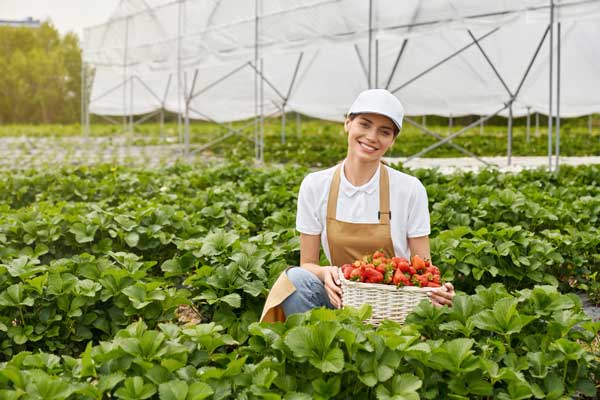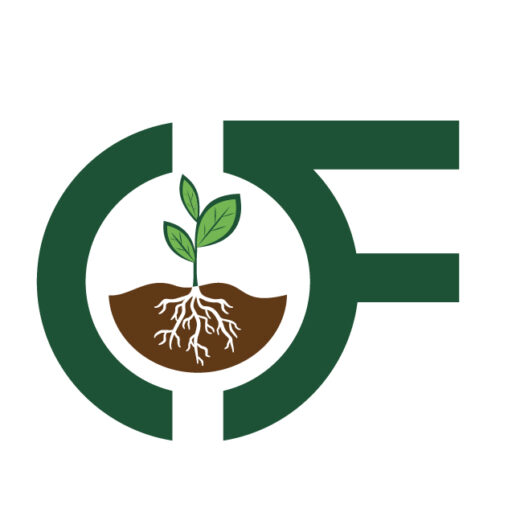Women in Agriculture: How Female Farmers and Horse Owners are Shaping the Future
Women are steadily reshaping the world of agriculture, from running successful farms to owning and caring for horses. With their increasing influence, female farmers and horse owners are challenging traditional norms, overcoming unique obstacles, and contributing to a sustainable future for the agricultural sector. This blog will explore the essential role women play in agriculture today, discuss the challenges they face, and provide valuable resources for women in farming, such as grants for female farmers. It will also dive into the specific struggles and triumphs of female horse owners, offering insights into how women are transforming the industry.

(Young woman harvesting strawberries in greenhouse.)
The Rise of Female Farmers: Challenging Traditions
The agricultural landscape has long been male-dominated, but over the past decade, the number of female farmers has significantly increased. According to the 2017 Census of Agriculture, women now make up over 30% of farm operators in the United States. This growing representation signifies a shift in the way farms are run, with more women stepping into leadership roles and driving innovation in sustainable farming practices.
Challenges for Female Farmers
Despite this progress, female farmers often face unique challenges that their male counterparts might not encounter. Some of the obstacles include:
- Access to Capital: Securing funding to purchase land, equipment, or livestock can be a major barrier for women entering agriculture. Many female farmers report difficulty in obtaining loans or grants, which are critical for the start-up and expansion of farming operations.
- Discrimination and Bias: Gender discrimination remains an issue in agriculture, where women might face skepticism about their abilities to manage a farm or handle physically demanding tasks. This bias can lead to a lack of support from financial institutions, agricultural organizations, or even from within their own communities.
- Balancing Farm Life and Family Life: Women who farm are often also primary caregivers in their families, making it difficult to balance farm responsibilities with childcare and household duties. This balancing act can put added stress on female farmers.
Grants and Resources for Female Farmers
Fortunately, various organizations and government programs are recognizing the contributions of women in agriculture and offering support through grants and other resources. Some valuable options include:
- USDA’s Women and Minorities in Science, Technology, Engineering, and Mathematics Fields Grant Program (WAMS): This program provides grants to support research and extension projects that encourage women and minorities to pursue careers in agriculture-related fields.
- Farm Service Agency (FSA) Loans: The USDA offers direct and guaranteed loans specifically designed to help farmers and ranchers who face social disadvantages, including women.
- Annie’s Project: A non-profit organization that provides education, support, and resources to empower female farmers across the United States.
Women farmers should take advantage of these grants and opportunities to grow their operations, implement sustainable practices, and make a lasting impact on the future of farming.
Female Horse Owners: Shaping the Equine Industry
Female horse owners and riders have a long and storied history in the equestrian world, and today, they continue to play an integral role in the industry. From professional riders to everyday horse enthusiasts, women are driving trends in horse care, training, and ownership. In fact, women now account for the majority of horse owners and riders, particularly in the United States.
Obstacles for Female Horse Owners
While female horse owners have made great strides in the equestrian world, they face a variety of challenges, including:
- Cost of Horse Ownership: Horses are expensive to care for, and many women report difficulty in managing the financial demands of horse ownership. Expenses include feed, hay, boarding, veterinary care, and equipment—all of which can quickly add up.
- Access to Riding Opportunities: While equestrian sports are often viewed as more gender-neutral, women still encounter barriers in terms of access to professional riding opportunities or competitions. Female riders may struggle to find sponsorship or face bias in competitive arenas.
Balancing Time for Horse Care and Personal Life: Like female farmers, female horse owners must balance the demands of horse care with other responsibilities, such as work and family. This can be especially challenging for women who own multiple horses or who work long hours outside the home.
How Women are Overcoming Obstacles
Despite the hurdles, female farmers and horse owners are finding ways to overcome these obstacles and achieve success. Some key strategies include:
- Building Support Networks: Women in agriculture and equestrian industries are forming supportive communities to share resources, advice, and encouragement. Organizations like the American National CattleWomen (ANCW) and Women in Agriculture Network (WIA) help women connect with one another and find mentorship opportunities.
- Advocating for Policy Changes: Female farmers and horse owners are increasingly advocating for policy changes to support gender equality in agriculture. Whether it’s pushing for more inclusive grant programs or better access to competitive equestrian opportunities, women are raising their voices to create meaningful change.
- Embracing Sustainable Practices: Women are also leading the way in sustainable farming and horse care, embracing eco-friendly methods that reduce environmental impact while promoting animal health. From rotational grazing to organic farming, female farmers are pioneering innovative solutions that benefit both their farms and their animals.
The Future of Women in Agriculture and Equestrian Industries
As more women enter the agricultural and equine industries, they are shaping the future in profound ways. Women are increasingly recognized for their leadership, innovation, and commitment to sustainability. With continued support through grants, educational programs, and policy changes, the future for women in agriculture and horse ownership looks bright.
At Ohana Farms, we are proud to support female farmers and horse owners by providing high-quality hay and nutritional feed options tailored to the needs of their livestock. We understand the importance of giving women the tools and resources they need to succeed, and we are committed to being a trusted partner in their agricultural journeys.
Conclusion
Women in agriculture and horse care are overcoming challenges, breaking down barriers, and making significant contributions to both industries. With access to grants, supportive networks, and innovative practices, women are not just participants in these fields—they are shaping their future. As more women take the reins in agriculture and equestrian life, we at Ohana Farms are excited to support their growth and success.
Whether you’re a female farmer looking for sustainable feed options or a horse owner seeking the best hay for your beloved animals, we’re here to help you every step of the way.

